What It
Will Take
What It
Will Take
REJECTING DEAD-ENDS
AND FALSE FRIENDS IN THE
FIGHT FOR THE EARTH
Carol Dansereau
Copyright 2016 Carol Dansereau
All rights reserved.
ISBN: 1523897007
ISBN 13: 9781523897001
Library of Congress Control Number: 2016902613
CreateSpace Independent Publishing Platform
North Charleston, South Carolina
For
Emily and Corey
Sammy, Gabriel, and Ruben
Julia, Sean, Sophie, Gen, Gabe and Ryan
And for
Brucie
[W]e must honestly face the fact that the movement must address itself to the question of restructuring the whole of American society. There are forty million poor people here, and one day we must ask the question, Why are there forty million poor people in America? And when you begin to ask that question, you are raising a question about the economic system, about a broader distribution of wealth. When you ask that question, you begin to question the capitalistic economy. And Im simply saying that more and more, weve got to begin to ask questions about the whole society. We are called upon to help the discouraged beggars in lifes marketplace. But one day we must come to see that an edifice which produces beggars needs restructuring. It means that questions must be raised. And you see, my friends, when you deal with this you begin to ask the question, Who owns the oil? You begin to ask the question, Who owns the iron ore? You begin to ask the question, Why is it that people have to pay water bills in a world thats two-thirds water?
Martin Luther King, August 16, 1967
Table of Contents
PART I
Starting Points
CHAPTER 1
Urgent Questions
IN THE FALL OF 2011, after 28 years as an environmental organizer and attorney, I found myself plagued by monumental questions:
 Are we losing the struggle for the Earth, dooming our children and grandchildren to horrible environmental conditions and possibly even extinction?
Are we losing the struggle for the Earth, dooming our children and grandchildren to horrible environmental conditions and possibly even extinction?
 If we are losing, why is that so? What stands between us and the reforms we want?
If we are losing, why is that so? What stands between us and the reforms we want?
 Might the environmental groups we rely on to lead the way forward be part of the problem?
Might the environmental groups we rely on to lead the way forward be part of the problem?
 Is there hope? Do we have the power to turn things around in time?
Is there hope? Do we have the power to turn things around in time?
 What should we do?
What should we do?
As cries of We are the 99% resounded from Occupy Wall Street encampments around the world, I embarked on a journey to find answers to these questions. I reviewed my experiences as an activist, researched environmental trends and the forces that influence policies, spoke with other activists, and took the time to think.
The result is this book, a labor of love, offered to everyone who wants to create a just world that ensures our descendants survival.
Yes, we are losing. The situation is dire and climate change is only one of many threats to our childrens happiness and survival.
But yes, there is hope. We have ample natural resources, wealth, and technical know-how to solve every environmental problem and meet the needs of every person on Earth.
And yes, we do have the power to turn things around. In fact, when we look carefully at what were up against and how weve been fighting, the path forward becomes remarkably clear. The only reason were losing is that we are continually diverted into dead ends that squander our power.
This book provides the big-picture analysis we desperately need at this pivotal point in history:
shares tales from my decades as a staff person at environmental organizations. These tales illustrate how topics examined later in the book play out in the context of specific nitty-gritty battles for environmental justice. The obstacles we face are insidious, pervasive, and constant. They keep us from even fostering meaningful discussions of environmental problems, let alone winning actual solutions.
looks at how we are doing on environmental issues overall. Despite the illusion of progress fostered by incremental victories and misleading statistics, we are hurtling towards the point of no return on multiple environmental fronts. We must understand the breadth and severity of the environmental crisis we face if we are to address it.
examines the first reason were losing on environmental issues: the current economic set-up makes it impossible for us to win. Capitalism creates a Big Money giant that calls the shots. We must fully understand this giant, where it comes from, and how it disempowers us, if we are to forge effective strategies for saving our planet.
Big Money control over elections is only a tiny part of why we cant win. Current campaigns for getting money out of politics, though well-intentioned, will not work and could well make matters worse. These campaigns focus on symptoms rather than on the roots of our disempowerment. Deregulated capitalism is not the problem. Capitalism is.
examines the other reason we are losing: we are not fighting back effectively. The environmental groups weve been relying on to save the day are not delivering. They are shaped and influenced by Big Money, and they engage in numerous self-defeating behaviors that keep us running in place or even drag us backwards. These behaviors range from pretending the deck isnt stacked against us to supporting the Democratic Party instead of building a party of our own committed to economic democracy.
shows that the same dynamics at play regarding environmental issues permeate other social justice issues as well, and it uses health care as an example. It discusses the din created by countless groups waging resource-intensive campaigns in isolation from one another and challenges common assumptions about how to bring about change.
also explains why there is ample reason for optimism despite the dire nature of our situation.
Another question plagued me in the fall of 2011 as I began to work on this book. What was I supposed to do for a living? I had come out of law school decades earlier believing one could make a career out of saving the Earth. But funding for the work I did with farm worker families exposed to pesticides had always been tough to come by, and by 2011 it had dried up completely. I searched for environmental advocacy positions that would allow me to do the work that was most needed, but these positions did not exist.
Thus I faced a choice. I either had to give my time, energy, and passion to an environmental advocacy job I did not believe in, or I needed to separate my activism from my income. The of this book shares the decision I made. It speaks to the countless young people today who are preparing for environmental careers they hope will help save the world.
It takes courage to examine the facts about where the world is headed, the huge forces undermining democracy, and the ineffectiveness of the groups and strategies weve been relying on. Resist the urge to look away, however. We must understand whats going on around us if we are to choose the right course in these do-or-die times.
Moreover, by gazing unflinchingly into our seeming powerlessness, we ultimately discover that it is actually a mirage. We realize that control over our world and our destiny has been ours for the taking all along. The time has come to use our power to create a just and sustainable world.
CHAPTER 2
Next page
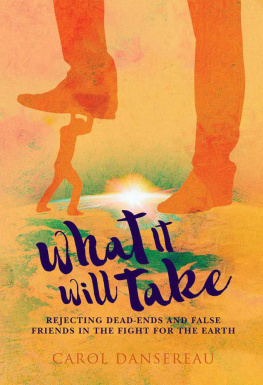

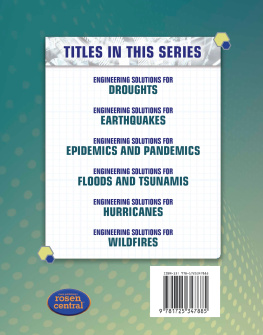



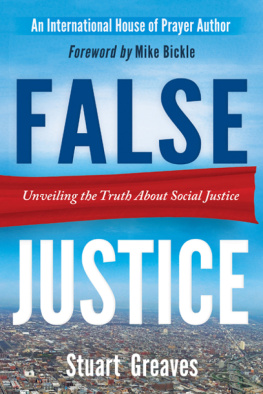
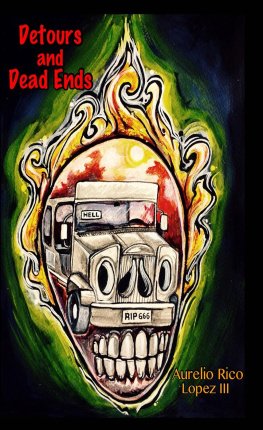
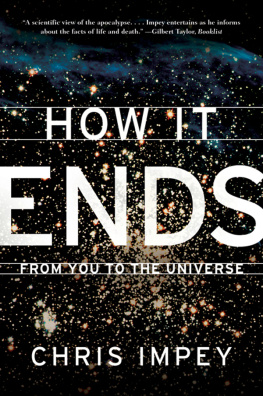

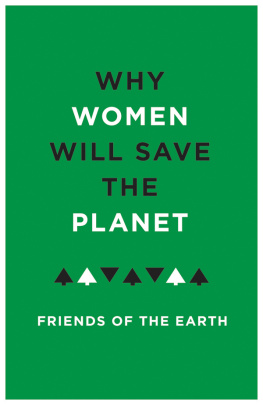
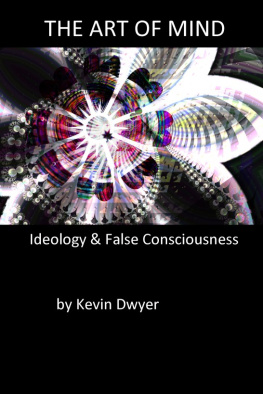
 Are we losing the struggle for the Earth, dooming our children and grandchildren to horrible environmental conditions and possibly even extinction?
Are we losing the struggle for the Earth, dooming our children and grandchildren to horrible environmental conditions and possibly even extinction?